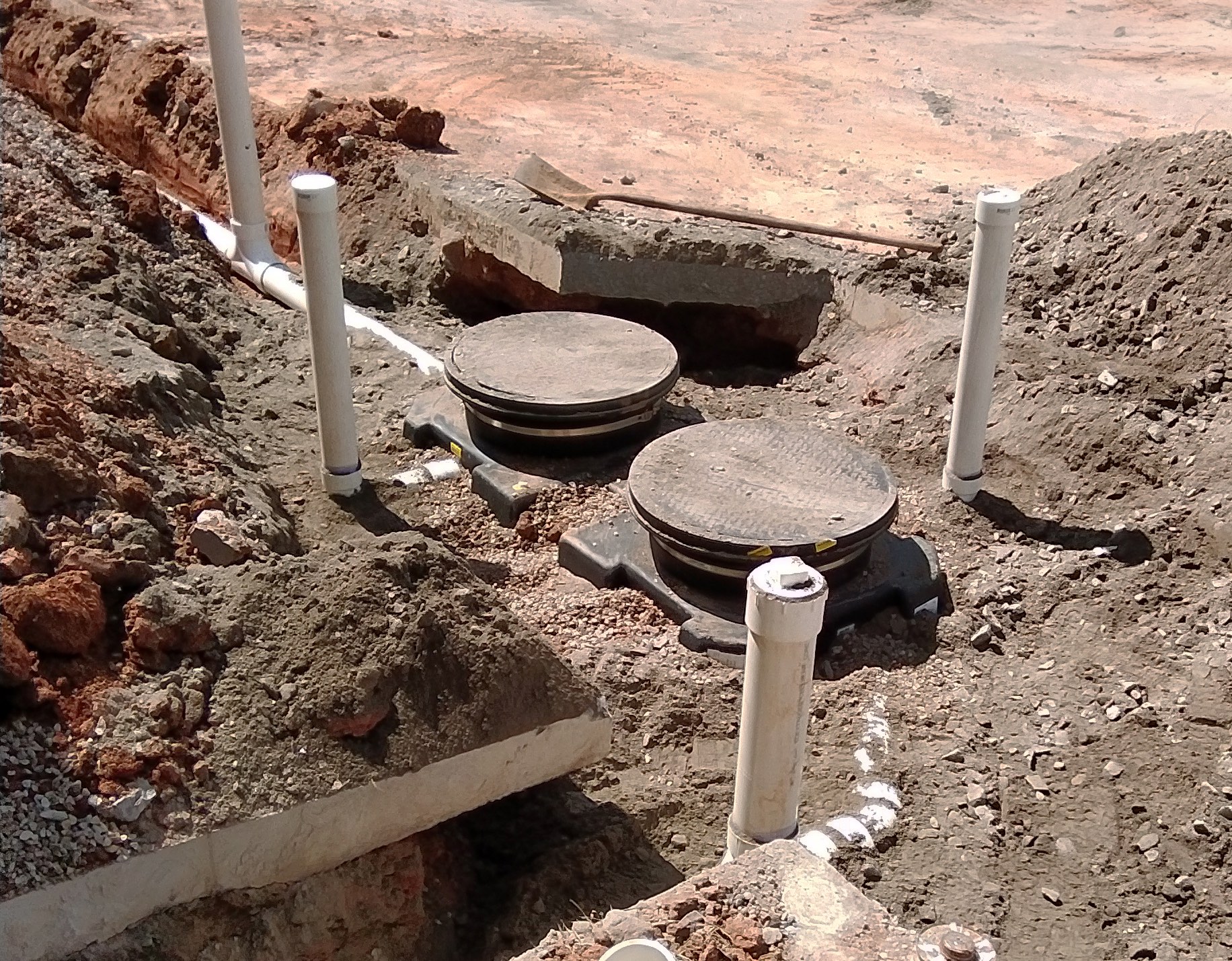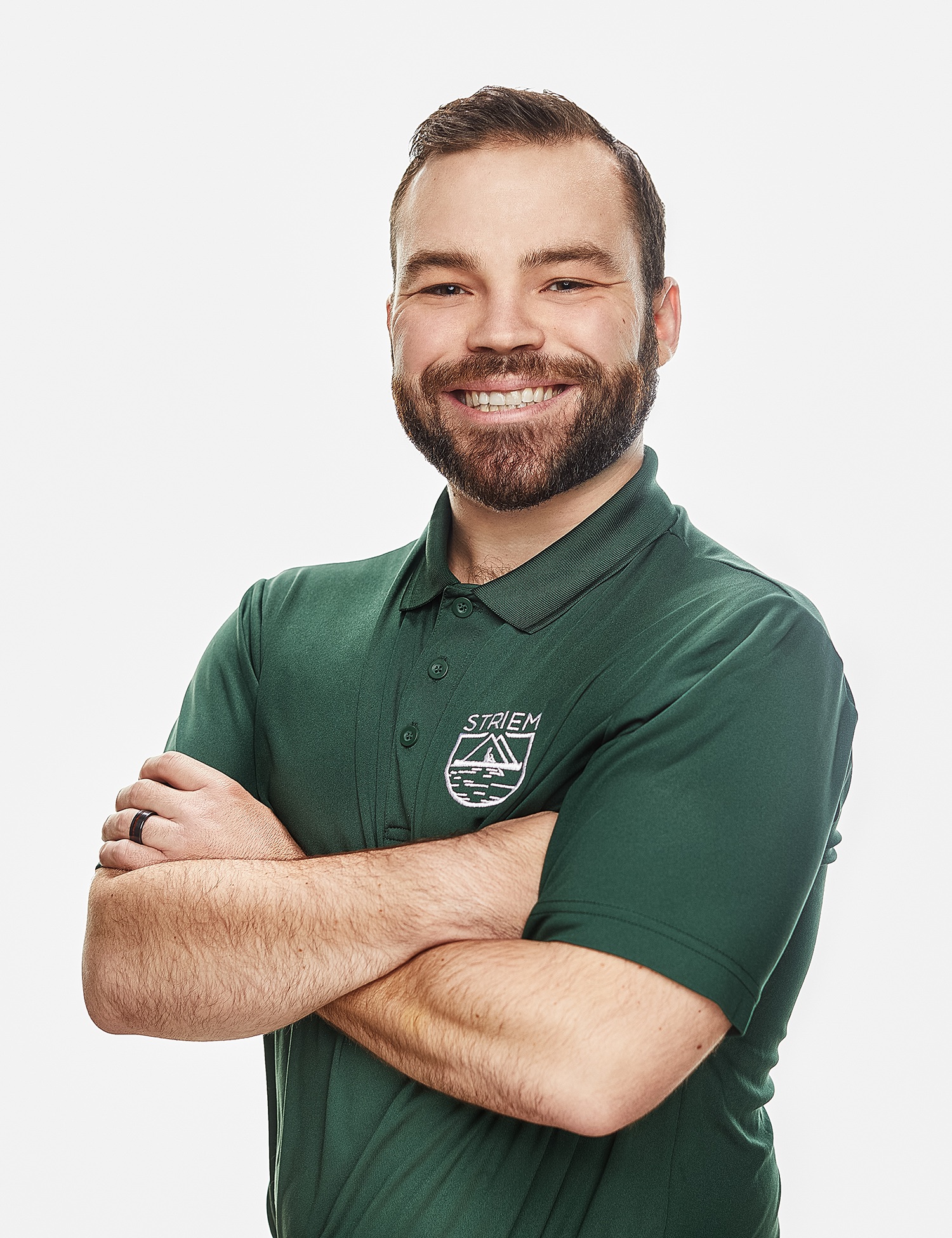Feature in ‘Plumbing & Mechanical Engineer Magazine’

We are proud to share that Montgomery Joneslight, Engineering Manager at Striem, had a feature published in Plumbing & Mechanical Engineer Magazine. Montgomery discusses IAPMO’s new industry standard titled IGC 325: High Efficiency Oil/Water Separators and the large impact it will have on the plumbing industry.
Read the article here or below.
New standard sets minimum performance level for manufacturers.
By Montgomery Joneslight
Oil/water separators have one primary objective: collect and temporarily store hydrocarbons from a wastewater stream. They are commonly installed in vehicle service bays, parking garages and car washes. Separators are important because hydrocarbon oils pose an environmental hazard to waterways and native soils.
The International Association of Plumbing and Mechanical Officials (IAPMO) has published a new industry standard titled IGC 325: High-Efficiency Oil/Water Separators. This publication introduces a performance-based standard to the oil separator market and has created a new term for the industry: High-Efficiency Oil/Water Separator.
A High-Efficiency Oil/Water Separator is defined as a device installed in a drainage system that collects hydrocarbons from wastewater with a minimum 90% capture rate. To prove that the separator achieves 90% efficiency, it must be tested and certified to IAPMO IGC 325. Testing requires the separator to be tested in batches on a prescribed test apparatus at the unit’s maximum flow rate until the unit is holding its maximum oil capacity with an influent oil concentration of 1,000 parts per million. The effluent oil concentration must be below 100 parts per million to pass the performance requirement. Testing the unit until it is full ensures the unit will always meet the minimum performance requirement. The oil used in the standard is motor oil.
Prior to the publication of IGC 325, there was no standard to determine whether an oil separator met minimum effluent quality guidelines. Standards published by third-party groups such as IAPMO are important for the industry since they provide a minimum performance level for all manufacturers.
IGC 325 also provides a minimum level of health and safety standards that certified units must comply with. Before the release of IGC 325, oil separators were designed with guidelines using Stoke’s law and are based on the specific gravity differences between oil droplets and the wastewater.
Oil/water separators have one primary objective: collect and temporarily store hydrocarbons from a wastewater stream. They are commonly installed in vehicle service bays, parking garages and car washes. Separators are important because hydrocarbon oils pose an environmental hazard to waterways and native soils. It is expensive for wastewater treatment plants to receive and separate these oils in high quantities. For this reason, most jurisdictions require applicable commercial establishments to install an oil separator on the premise to pretreat the oily wastewater. Oil separators protect the wastewater stream by removing the hazardous hydrocarbon oils from the discharge prior to it entering the public water system. When establishments discharge wastewater that is not within the local jurisdiction’s guidelines, they may be fined until they are compliant.
Prior to the publication of IGC 325, there was no standard to determine whether an oil separator met minimum effluent quality guidelines. Standards published by third-party groups such as IAPMO are important for the industry since they provide a minimum performance level for all manufacturers. The standard particularly aids specifying engineers by offering a benchmark for assessing the effectiveness of an oil separator.
About Montgomery Joneslight

Montgomery Joneslight is an Engineering Manager with Striem, a manufacturer of oil separators, solids interceptors, and acid neutralization tanks in Kansas City, Kansas.
He graduated from Missouri University of Science and Technology with a degree in Nuclear Engineering and Mathematics and has been working in the commercial pre-wastewater treatment industry since 2017. In his free time, he enjoys listening to live music and traveling the world.